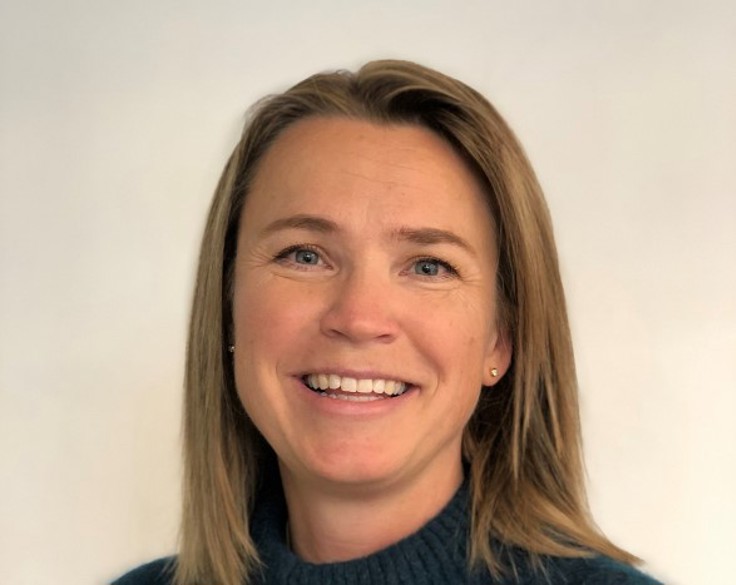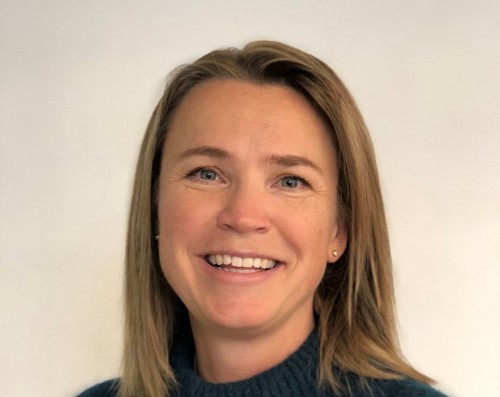Fertility research at NIPH receives prestigious European Research Council Synergy grant
Research findings
|Published
The Centre for Fertility and Health at the Norwegian Institute of Public Health (NIPH), together with two other European research environments, will find answers to how social, biological and psychological factors affect fertility among young adults.
The European Research Council (ERC) has granted 14 million Euros to the BIOSFER project, which involves researchers at the NIPH, Aarhus University in Denmark and the Max Planck Institute for Demographic Research in Germany. The ERC promotes investigator-driven frontier research, based on scientific excellence.
The researchers will combine knowledge from many disciplines, looking at associations between foetal life, childhood and fertility in adulthood.
Researchers from different fields come together
ERC Synergy Grants enable researchers with different expertise to collaborate on complex and ambitious research projects.
“It is necessary to combine expertise from several research fields such as genetics, demography, psychology and epidemiology to understand fertility and why we are having fewer children,” says Siri E. Håberg, head of the Centre for Fertility and Health at the NIPH, and one of the three research leaders of BIOSFER.
Comparing data from foetal life with new research
“We are extremely fortunate to already have world-class data that the researchers can use,” she adds.
BIOSFER will use data from the Norwegian Mother, Father and Child Cohort Study (MoBa) and from the Danish National Birth Cohort (DNBC). The project will also further develop these birth cohorts by collecting new data.
Many of the children who were recruited through their mothers are now over 18 years of age. Since both parents and children have given biologic samples to the study, the researchers can include genetics, while also looking at other environmental factors.
“We have data from when the MoBa children were in the womb, which allows us to see how foetal life and parental fertility are associated with the young adults’ own fertility now. There is clearly an interaction between biological and social factors in young adults' fertility - now we get the opportunity to learn more,” she concludes.
The project will also further develop the studies by collecting new data from the young adults.
The project will be led by Siri E. Håberg from the NIPH, Mikko Myrskylä at Max Planck and Cecilia Ramlau-Hansen from Aarhus University.

